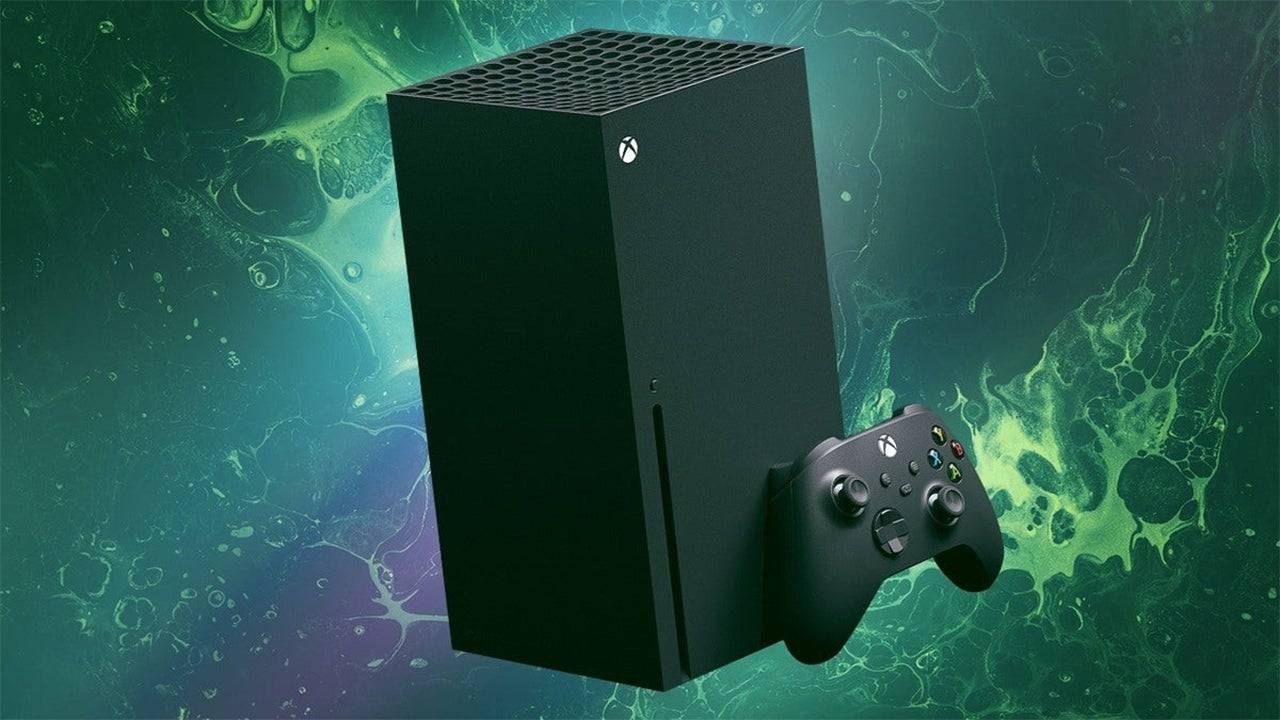by Sophia Mar 15,2025
The age-old question: PlayStation or Xbox? This debate has raged for years, sparking countless online discussions and heated arguments among friends. While PC and Nintendo loyalists exist, the rivalry between Sony and Microsoft has largely defined the last two decades of console gaming. But in a rapidly evolving industry, shaped by mobile gaming's rise and younger generations' tech-savviness, has the landscape changed irrevocably? The answer might surprise you.
The video game industry is a financial behemoth. Its worldwide revenue soared from $285 billion in 2019 to a staggering $475 billion in 2023, surpassing the combined revenue of the global movie and music industries. This explosive growth, projected to reach nearly $700 billion by 2029, is attracting Hollywood A-listers like Mads Mikkelsen, Keanu Reeves, and Willem Dafoe, reflecting the industry's elevated status. Even Disney, with its recent $1.5 billion investment in Epic Games, is vying for a larger piece of the pie.

Despite this booming market, Xbox seems to be struggling. While the Xbox Series X and S aim to be superior to the Xbox One, sales figures tell a different story: the Xbox One significantly outsells its successor. Industry expert Mat Piscatella suggests this generation's sales peak has passed, painting a concerning picture for Microsoft. 2024 sales figures further highlight the disparity: Xbox Series X/S sold less than 2.5 million units, dwarfed by the PlayStation 5's sales, which exceeded that number in the first quarter alone. Rumors of Xbox scaling back its physical game distribution and potentially exiting the EMEA console market add to the uncertainty.
But Xbox's struggles aren't simply about a lost "console war"—Microsoft itself admits it never truly believed it had a chance. So, what's a console-centric company to do when its newest model underperforms and its parent company acknowledges its failure? It pivots.
Xbox's focus has shifted dramatically towards Xbox Game Pass. Leaked internal documents reveal significant investments in securing AAA titles for the subscription service, highlighting its strategic importance. Microsoft's "This Is An Xbox" campaign reinforces this new direction: Xbox is no longer just a console, but an always-accessible service with complementary hardware.
This reimagining extends beyond traditional consoles. Rumors of an Xbox handheld, supported by leaked documents referencing a "hybrid cloud gaming platform," suggest a broader hardware strategy. This shift is further evidenced by Microsoft's plans for a mobile game store and Phil Spencer's acknowledgment of mobile gaming's dominance.

The reason for this pivot is clear: mobile gaming's explosive growth. In 2024, over 1.93 billion of the estimated 3.3 billion gamers played on mobile devices. Mobile gaming isn't just casual; it's the dominant force across all generations, particularly Gen Z and Gen Alpha. Mobile games accounted for exactly half of the $184.3 billion video game market valuation in 2024 ($92.5 billion), significantly outpacing console gaming's $50.3 billion (27%).
This dominance isn't new. The Asian mobile gaming market far outstripped the West in the early 2010s, with titles like Puzzle & Dragons and Candy Crush Saga generating billions more than blockbuster console games. Five of the highest-grossing games of the 2010s were mobile games—a testament to their enduring appeal.
Mobile gaming isn't the only challenge. PC gaming has also seen significant growth since 2014, reaching 1.86 billion players in 2024. This rise, fueled in part by the COVID-19 pandemic, is complemented by increased technological literacy among gamers, leading to a burgeoning PC market. However, despite this growth, the gap between console and PC gaming revenue has widened, indicating a potential plateau for PC gaming, which is not good news for Xbox, a major player on the Windows platform.

Meanwhile, PlayStation is thriving. Sony's latest earnings report boasts 65 million PS5 sales, significantly outpacing Xbox. Strong first-party sales further solidify Sony's position. Industry projections suggest continued dominance for PlayStation, while Xbox's projected sales lag significantly behind. The 5:1 sales ratio of PlayStation 5 to Xbox Series X/S, combined with Phil Spencer's openness to releasing Xbox titles on PlayStation and Switch, paints a clear picture of PlayStation's current supremacy.
However, even PlayStation faces challenges. A significant portion of PlayStation users still play on PS4s, highlighting a lack of compelling PS5 exclusives. The limited number of truly exclusive PS5 titles, coupled with the mixed reception to the PS5 Pro, suggests that the PS5, while successful, hasn't yet achieved the groundbreaking status of a true generational leap. The upcoming release of Grand Theft Auto 6 might change this.
AnswerSee ResultsSo, is the console war over? Microsoft seemingly never believed it was in one. Sony's success is undeniable, but the PS5 hasn't yet cemented its position as a revolutionary leap forward. The true victor? Those who opted out of the console conflict altogether. The future of gaming increasingly hinges on mobile and cloud gaming, with major players like Tencent making significant moves. The next chapter will be less about hardware supremacy and more about the strength of cloud gaming infrastructure. The console war may be over, but the battle for mobile and cloud gaming dominance has just begun.
Forsaken Characters Ranked: Tier List Update 2025
How to Use Cheats in Balatro (Debug Menu Guide)
State of Play Reveals Exciting Updates: PlayStation February 2025 Showcase
Infinity Nikki – All Working Redeem Codes January 2025
Roblox: Obtain Secret Codes for January 2025 (Updated)
Pokémon GO Raids in January 2025
Wuthering Waves: Redeem Codes for January 2025 Released!
LEGO Ninjago Sets Top the Charts (2025)

Wall of Insanity 2: New Secrets, Destructible Objects Hit Android
Feb 25,2026

The Outer Worlds 2: Your Journey Begins With Your Build
Feb 22,2026

Tennis Manager 25 Pre-Registration Opens on Mobile
Feb 21,2026
Battlefield 6 Beta Expands With Custom Search, Playlists
Feb 19,2026

Dragon Raja Launches YoYo Summer Carnival Update
Feb 18,2026